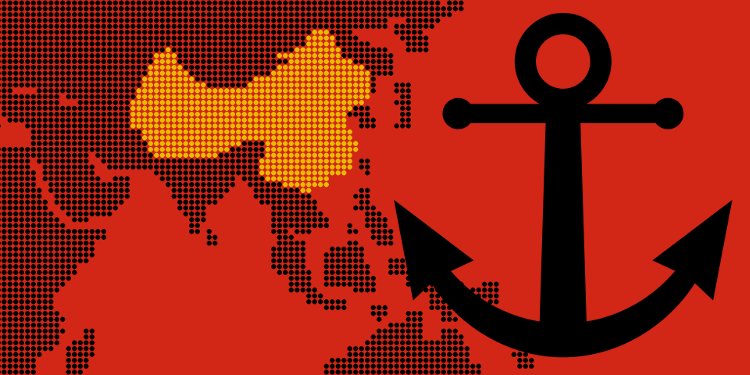China’s new bank (AIIB, Asian Infrastructure Investment Bank) dominated headlines this week. AIIB’s history suggests China wants infrastructure money without being told to clean up the environment, respect human rights, or play nice with their hope-to-be soon-to-be-annexed neighbors. The US could have jumped-in and controlled AIIB, but didn’t, as if the US anticipates that AIIB may lose money after, say, a conflict in the Pacific.
The bank seems to be a line in the sand for US allies in the Pacific, but not so much in Europe. The Internet is flooded with articles claiming that China won’t control their own bank, some of which Cadence has too much dignity to link to. Does hiring Westerners to run the Chinese bank make it less “Chinese”? Beijing marketing departments might think so.
Isn’t it interesting that China is creating a bank for infrastructure while, at the same time, China is building up their military to knock-out existing infrastructure in places like Taiwan? All this Pacific infrastructure talk smells a little “fishy”, as it were. China wants to invest. The US doesn’t. The bank controversy may not be about politics, but about money—gambling on who will get a return on their investment after… “something” happens and “someone” wins.
China is building up in the Pacific and the US isn’t afraid to say so, especially to Taiwan. Taiwan made more great poses for the camera with the US, which China won’t like. Taiwan is rolling out a new political party, which the Establishment won’t like.
Chinese corruption and the environment crossed swords this week. No one seems to have asked why China has so much corruption. The answer would likely be that strong households maintain themselves first, while those who think more about their neighbors often leave the own homes in disrepair.
Chinese and Western press exchanges drew a little more attention than normal this week. We see a pattern in both press and policy: Poke at China and they spill their beans; oppose China from abroad and they try to annex you, “by force if necessary”. Michael Cole deserves a medal for getting a Chinese general to give away more of Beijing’s intentions, this time with classy Beijing graphics, though the Pacific Daily Times doesn’t exactly share a coterminous opinion on Israel; we like Israel at the Times. But Michael is as informed as he is thought provoking—and good at provoking the PLA into revealing strategy. With ISIS on the move so much that even Japan is watching, we all might come around to appreciating Israel for standing in their way.
What makes a nation aggressive? Will China give up its claim to the map if the good guys erase themselves from it? An academic blog article encourages the US to infiltrate China’s new bank, claiming that the US is partially to blame for its creation. While joining China’s AIIB might be a good idea—had war on the horizon not made it a risky investment for the Yanks—China didn’t create that AIIB bank because of lack of control in the IMF.
Obama’s election wouldn’t make Al Sharpton complain less nor would Israel’s annihilation suddenly make ISIS stop burning people alive. Limbaugh predicted it: Obama’s election preceded a spike in ethnic tension in America. ISIS is angry that they don’t already control Europe because Israel is in their way. If China controlled the IMF, the AIIB would already be open for business. And if China acquired Taiwan, Beijing would soon publish genealogical claims to Tokyo, and why not Jerusalem and Tehran too?
Top Stories
Britain’s Support for China’s AIIB Means Japan, Parroting the U.S., Is Trapped
…Old, but shows the controversy surfacing.
US reports on Chinese naval threat to Taiwan
“Friction between China and its neighbors appears increasingly likely as Beijing seeks to deter rival activities and assert its own claimed rights and interests.”
The Great Chinese Lie About Taiwan
…From J Michael Cole on China and the controversy *See more under Taiwan
Retired PLA General responds to J Michael Cole
…Photo of a Chinese General’s backlash against Cole (in his Chinese article) *See more under Taiwan
Territorial Claims in the South China Sea
…NY Times maps from 2012, informative
Read More

